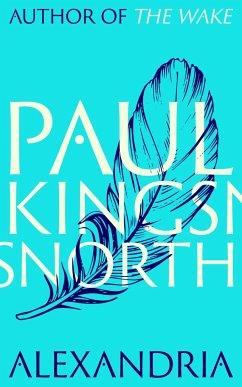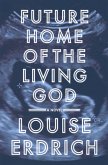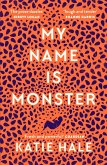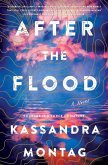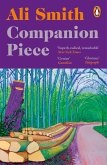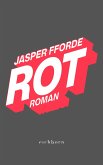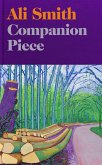§'Like Robert Macfarlane re-written by Cormac McCarthy.' Telegraph
'Beckett doing Beowulf.' London Review of Books
A small religious community is living in what were once the fens of eastern England. They are perhaps the world's last human survivors. Now, they find themselves stalked by a force that draws ever closer, a force intent on destroying everything they stand for.
Set on the far side of the ecological apocalypse, Paul Kingsnorth's new novel is a mythical, polyphonic drama driven by elemental themes: of community versus the self, the mind versus the body, machine versus man - of whether to put your faith in the present or the future.
Alexandria completes the Buckmaster Trilogy, which began with Kingsnorth's prize-winning The Wake.
'Beckett doing Beowulf.' London Review of Books
A small religious community is living in what were once the fens of eastern England. They are perhaps the world's last human survivors. Now, they find themselves stalked by a force that draws ever closer, a force intent on destroying everything they stand for.
Set on the far side of the ecological apocalypse, Paul Kingsnorth's new novel is a mythical, polyphonic drama driven by elemental themes: of community versus the self, the mind versus the body, machine versus man - of whether to put your faith in the present or the future.
Alexandria completes the Buckmaster Trilogy, which began with Kingsnorth's prize-winning The Wake.

